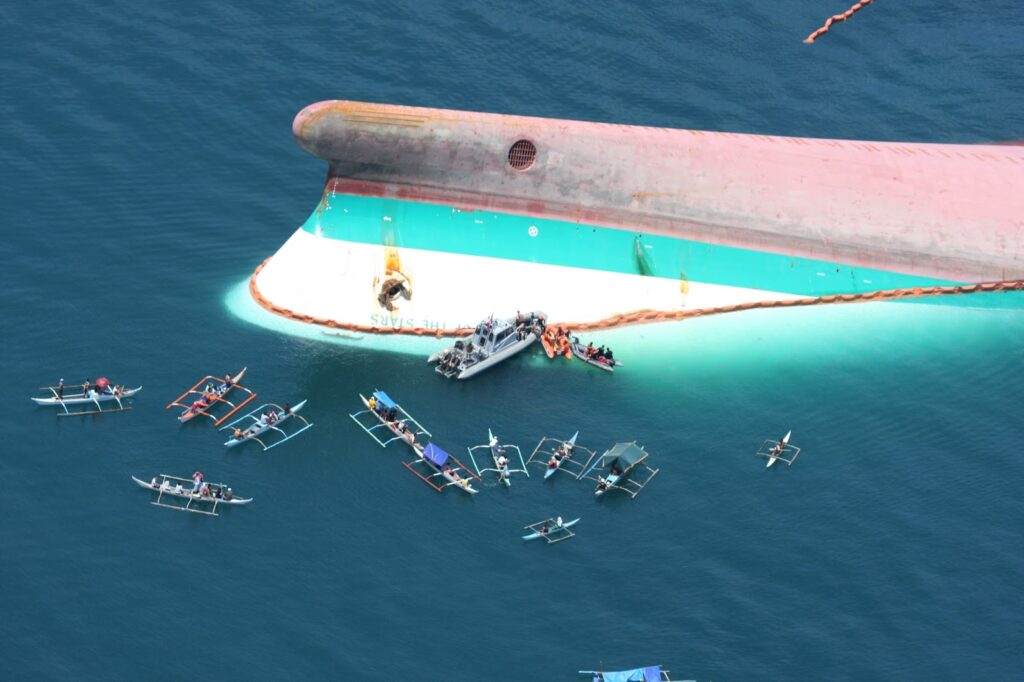Why Romblon Fishermen Never Whistle at Sea
In the quiet fishing villages of Romblon, Philippines, there’s a long-standing belief passed down through generations — fishermen never whistle at sea. It’s a rule followed with deep respect, rooted in both cultural tradition and fear of what might happen if it’s broken.
The Origin of the Belief
For Romblon’s seafarers, the sea is more than a livelihood — it’s a living force that commands respect. According to local folklore, whistling while at sea is said to call the wind and summon storms. Old fishermen warn that even a small whistle can awaken the spirits of the ocean, stirring strong waves or inviting bad luck during the voyage.
Many elders recall stories of fishermen who ignored this rule and soon found themselves battling sudden winds and rough tides. Whether coincidence or truth, the tradition remains deeply embedded in Romblon’s maritime culture.
Superstition Meets Survival
Beyond superstition, this belief also carries a practical meaning. Whistling can mask important sounds — like waves breaking on rocks or the approach of other boats. In earlier times, when fishermen relied solely on their senses, silence at sea could mean the difference between safety and disaster.
By avoiding unnecessary noise, they could better listen to the rhythm of the waves and the shift of the wind — natural signals that guide them safely back to shore.
Respecting the Sea’s Spirit
The people of Romblon believe the ocean has its own spirit — mysterious and powerful. Fishermen treat it like an elder: unpredictable, yet deserving of utmost respect. Whistling, they say, is like mocking the sea, which may anger the unseen guardians below.
Even young fishermen today are taught to stay silent, to “listen more than speak” when surrounded by endless blue. This respect keeps the old belief alive, turning it into a form of cultural identity for Romblon’s coastal communities.
Romblon’s Maritime Culture and Island Life
Romblon is not only known for its marble and hidden beaches but also for its vibrant fishing traditions that shape the daily rhythm of island life. Fishermen rise before dawn, guided by moonlight and faith, casting nets in the same waters their ancestors once sailed.
For travelers, these customs offer a glimpse into Romblon’s deep connection to nature — where every superstition tells a story and every silence carries meaning.
See Bonbon Beach island-hopping details here – https://romblonparadise.com/bonbon-beach/
Whether you’re watching fishermen prepare their boats or exploring nearby islands, you’ll feel that same quiet reverence that defines the people of Romblon — a balance of fear, faith, and respect for the sea.
A Tradition That Endures
While modern equipment and weather forecasts have made fishing safer, many locals still follow the old beliefs. They say it’s better to keep tradition than tempt fate. For them, the rule isn’t just about fear — it’s about humility before nature.
In a world where machines and data dominate, Romblon’s fishermen remind us that sometimes, wisdom is found in silence.
Final Thoughts
The story of why Romblon fishermen never whistle at sea reveals how ancient beliefs continue to shape the island’s identity. It’s a testament to the enduring respect the people of Romblon have for the sea — their greatest provider and most powerful force.
To this day, as boats glide across the calm waters at dawn, the only sound you’ll hear is the ocean’s whisper — and never a single whistle.


